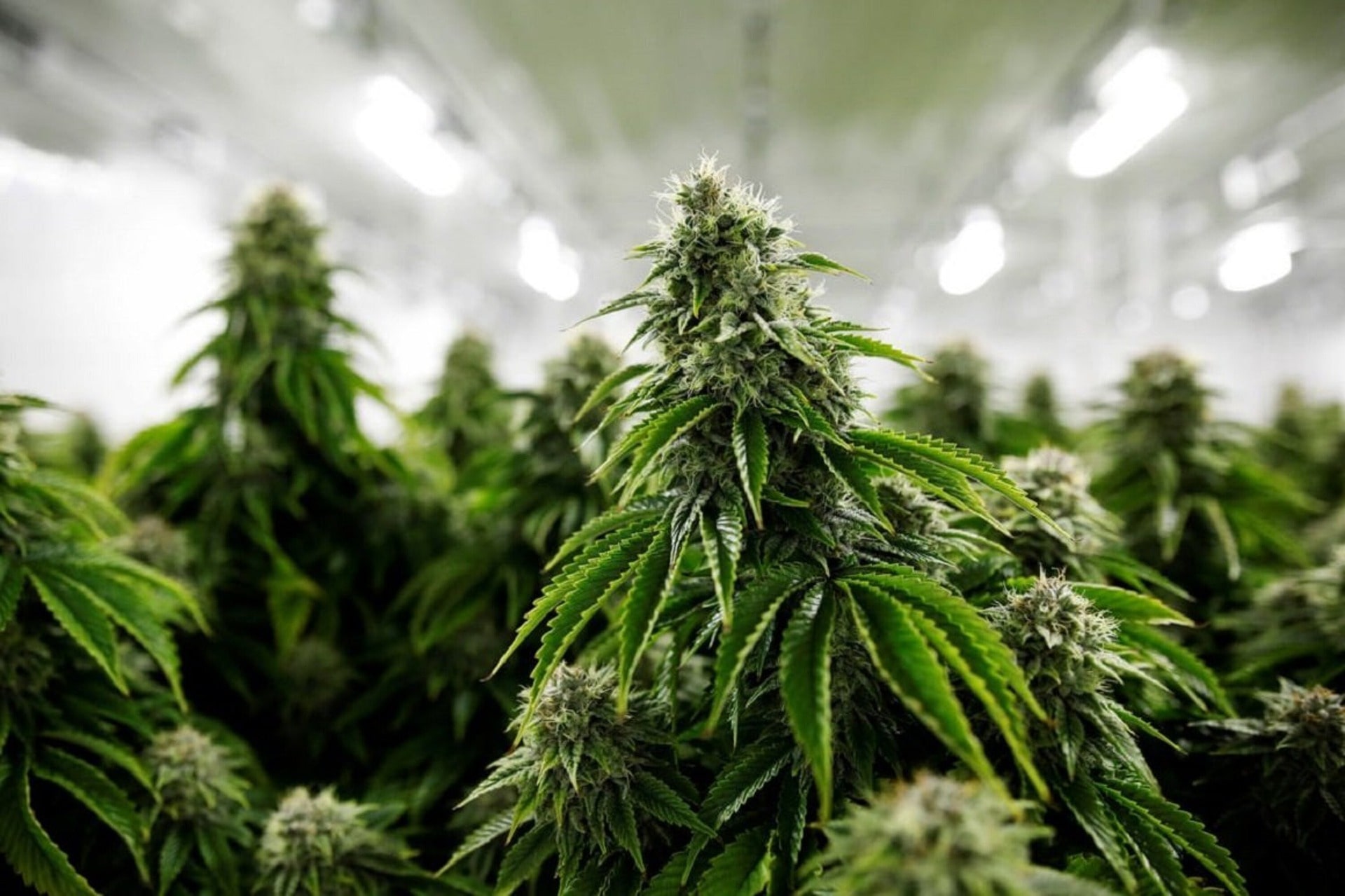Locate a Nearby Medical Marijuana Dispensary for Top Quality Products
The Recovery Power of Medical Cannabis: a Deep Study Its Potential to Deal With Different Disorders
In recent years, the conversation around the restorative capacity of medical marijuana has actually gotten substantial grip within the clinical neighborhood. The evolving landscape of clinical marijuana offers a complicated tapestry of possible benefits that warrant a closer assessment, losing light on a realm of therapy opportunities that continue to intrigue specialists and patients alike.
Therapeutic Advantages of Clinical Marijuana
In the world of contemporary medication, the healing advantages of medical cannabis have arised as an encouraging opportunity for treating different health and wellness conditions. The energetic compounds in cannabis, understood as cannabinoids, communicate with the body's endocannabinoid system to produce a series of impacts that can be valuable for clients. Among one of the most popular cannabinoids is cannabidiol (CBD), which has actually acquired interest for its prospective anti-inflammatory, analgesic, and anxiolytic buildings without the psychoactive impacts frequently related to tetrahydrocannabinol (THC)
Medical marijuana has revealed certain pledge in reducing persistent pain, spasticity associated with numerous sclerosis, nausea or vomiting and throwing up in chemotherapy individuals, and symptoms of specific neurological conditions like epilepsy. Study is also exploring its potential in taking care of mental health problems such as anxiety, depression, and trauma. Additionally, medical cannabis is being examined for its anti-inflammatory homes, which could have implications for conditions like joint inflammation and inflammatory digestive tract disease.
Easing Chronic Discomfort With Cannabis
Having demonstrated efficacy in dealing with a spectrum of health and wellness problems, clinical marijuana notably beams in its capacity to provide alleviation for individuals coming to grips with chronic pain. Persistent pain, characterized by its perseverance and incapacitating nature, affects millions worldwide, commonly dramatically influencing lifestyle. Traditional pain administration techniques, such as opioids, may include negative side effects and the risk of reliance, driving several patients to seek different remedies.
Clinical marijuana has actually emerged as a promising choice for chronic pain management due to its analgesic properties. Studies have actually shown that clinical marijuana can properly minimize persistent pain linked with conditions like arthritis, fibromyalgia, numerous sclerosis, and neuropathy.

Taking Care Of Stress And Anxiety and Stress And Anxiety
Medical cannabis provides a feasible choice for individuals seeking alleviation from anxiety and stress and anxiety due to its prospective calming results on the body and mind. By potentially impacting the release of natural chemicals and modulating stress action, medical cannabis reveals assurance in supplying a natural option for managing these problems.
Moreover, unlike standard anti-anxiety medications that might feature unwanted negative effects or threat of dependency, clinical cannabis provides a possibly safer choice for people looking to reduce stress and anxiety and stress. However, it is important for people thinking about medical cannabis for these objectives to talk to a medical care company educated concerning medical cannabis to guarantee efficient and safe use.
Cannabis for Neurological Problems
Research has actually shown encouraging potential in using marijuana for managing neurological problems. Neurological problems encompass an array of problems impacting the mind, spine, and nerves, such as epilepsy, several sclerosis, Parkinson's disease, and Alzheimer's illness. Cannabis, with its active substances like THC and CBD, has shown neuroprotective, anti-inflammatory, and antioxidant homes that might profit individuals with these problems.

While more clinical trials are required to totally comprehend the efficacy and safety of marijuana for neurological disorders, first findings are encouraging and warrant more examination into the healing potential of this plant for boosting the lives of those affected by such problems. - Medical Marijuana Card Clinton MS
Prospective of Cannabis in Cancer Treatment
The increasing perspective of medical marijuana applications expands to the possibility of leveraging its homes in cancer cells therapy, using a new method of expedition in harnessing the therapeutic benefits of this plant for attending to complicated health challenges. Marijuana shows guarantee in cancer cells treatment because of its potential to ease signs and symptoms connected to the illness and its treatment, such as pain, queasiness, and loss of cravings. Additionally, cannabinoids, the active compounds in cannabis, have shown anti-tumor effects in preclinical studies, showing their possibility in hindering the growth of cancer cells.
Moreover, marijuana might assist in handling the negative effects of traditional cancer cells therapies like radiation treatment, potentially enhancing clients' quality of life during therapy. While even more study is needed to fully recognize the mechanisms behind marijuana's prospective anti-cancer buildings and its efficacy this link in various kinds of cancers, the initial findings suggest that medical cannabis might play a useful duty in the future of cancer treatment. As the exploration of marijuana in oncology proceeds, it holds promise as a corresponding approach to conventional cancer cells therapies, offering clients a possibly effective and well-tolerated option in their therapy programs.
Final Thought
To conclude, medical cannabis has revealed appealing potential in dealing with a selection of conditions, consisting of chronic pain, anxiety, stress, why not try these out neurological conditions, and cancer. Its restorative advantages have actually been increasingly identified by the clinical neighborhood, with ongoing research highlighting its performance in taking care of these conditions. As more research studies are conducted, clinical cannabis might end up being a useful treatment option for people dealing with these incapacitating disorders.
In current years, the discussion around the restorative potential of medical cannabis has actually acquired substantial traction within the medical community. The progressing landscape of medical cannabis offers an intricate tapestry of potential benefits that call for a closer evaluation, shedding light on a world of treatment possibilities that proceed to intrigue experts and individuals alike.
